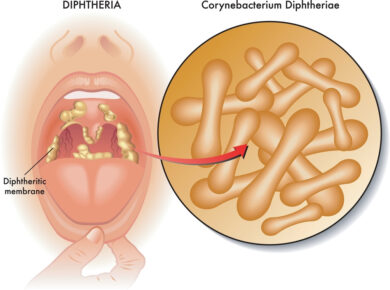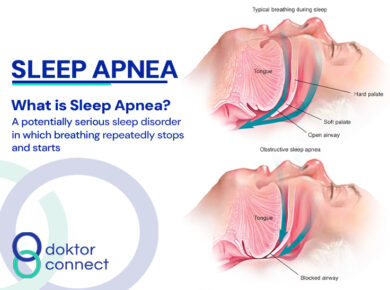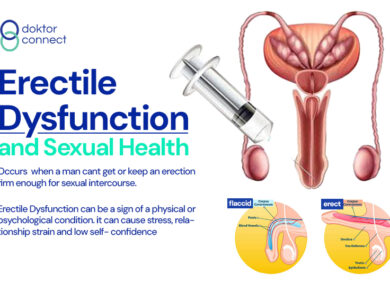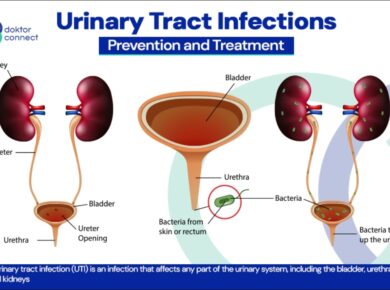Hey. This is not probably the topic you would like to read but I am glad you clicked on that link. The death of a loved one can be traumatizing and I can imagine more so for babies. One may ponder on questions like; “What could I have done better? How could I have helped? How would I have known? By the time you are done reading this, I hope to bring some form of clarity to you
What is Sudden Infant Death Syndrome?
Sudden Infant Death Syndrome (SIDS) is the sudden and unexplained death of a child under the age of 1 year, usually occurring during sleep or in the sleep area, although it can happen occasionally while they are awake. This death remains unexplained after an autopsy and review of circumstances surrounding the death. It is also generally referred to as cot death or crib death
How Common is SIDS and who does it affect?
The incidence of Sudden Infant Death Syndrome (SIDS) is around 31.3 per 100,000 live births. Mothers aged under 20 are five times more likely to experience unexplained infant death compared to mothers over 40 years. Approximately 60-70% of SIDS occur in males and about two-thirds of SIDS death occur in infants aged 2-4 months
What Causes Sudden Infant Death Syndrome?
The exact cause of SIDS is unknown, but it is thought to be a combination of factors.
- Immature breathing control in vulnerable infants. Vulnerable infants include low birth weight and premature babies. Prematurity is associated with four times increased risk of SIDS
- A critical development period– usually 1-3 months of age
- External stressors such as sleeping positions
Although SIDS remains unpredictable, there are several other factors associated with increased risk:
4. Factors Relating to the Mother
- Maternal Smoking especially during and after pregnancy is a risk factor for SIDS. The level of risk due to smoking depends on the dose and if both parents smoke, the risk is also higher
- No supportive relationship
- Lower socioeconomic status
- Late or no antenatal care
- Also, low pregnancy weight gain
5. Sleeping Position
Prone sleeping (sleeping on the belly) is a major risk factor for cot death
6. Bed-sharing
Individuals sharing a bed with their baby is associated with increased risk. Falling asleep with a baby or in a sofa or armchair carries a higher risk. These risks are further increased if the individual sleeping with the baby takes alcohol, uses drugs, or smokes
7. Type of beddings
It has been observed that bedding has covered the infant’s head in a greater proportion of deaths from SIDS. Soft bedding increases the risk of SIDS by five times and by much more if the baby sleeps on the belly
What Can you do to help?
- Room sharing instead of bed-sharing

A baby sleeping in the parental bedroom has a reduced risk of SIDS by as much as 50%. The safest place for a baby to sleep in the first 6 months of life is in a cot in the same room as you. Also, never sleep with a baby on a sofa or armchair
- Place baby on their back to sleep
Do not put a baby to sleep on their side or tummy. Place the baby on their back to sleep from the beginning for both day and night sleep
- Don’t cover baby’s head during sleep

Use a firm, flat, well-fitting, and clean baby’s mattress. Do not use a duvet, baby nest, pillows, or bedding rolls. Their blanket should be tucked in no higher than their shoulders. The baby’s head should not be covered and place them in a feet-to-foot position. This means their feet are at the end of the crib or cot.
- Practice Breastfeeding
Breastfeeding reduces the risk of SIDS and if being exclusively breastfed, the risk is even more reduced
- Avoid extreme temperatures (too hot or cold)
Babies can overheat because of too much bedding or clothing, or because the room is too hot. Babies lose excess heat through their heads, so make sure their heads are not covered by bedclothes, slings, or carriers while they’re asleep.
- Avoid smoking and smoking areas

Babies exposed to cigarette smoke before and after birth are at an increased risk of SIDS. Do not let anyone smoke near babies because
In summary,
It can be difficult to decipher if a baby is unwell. If you notice any unusual symptom or are unsure, get medical help immediately. You can speak with a doctor here for advice




